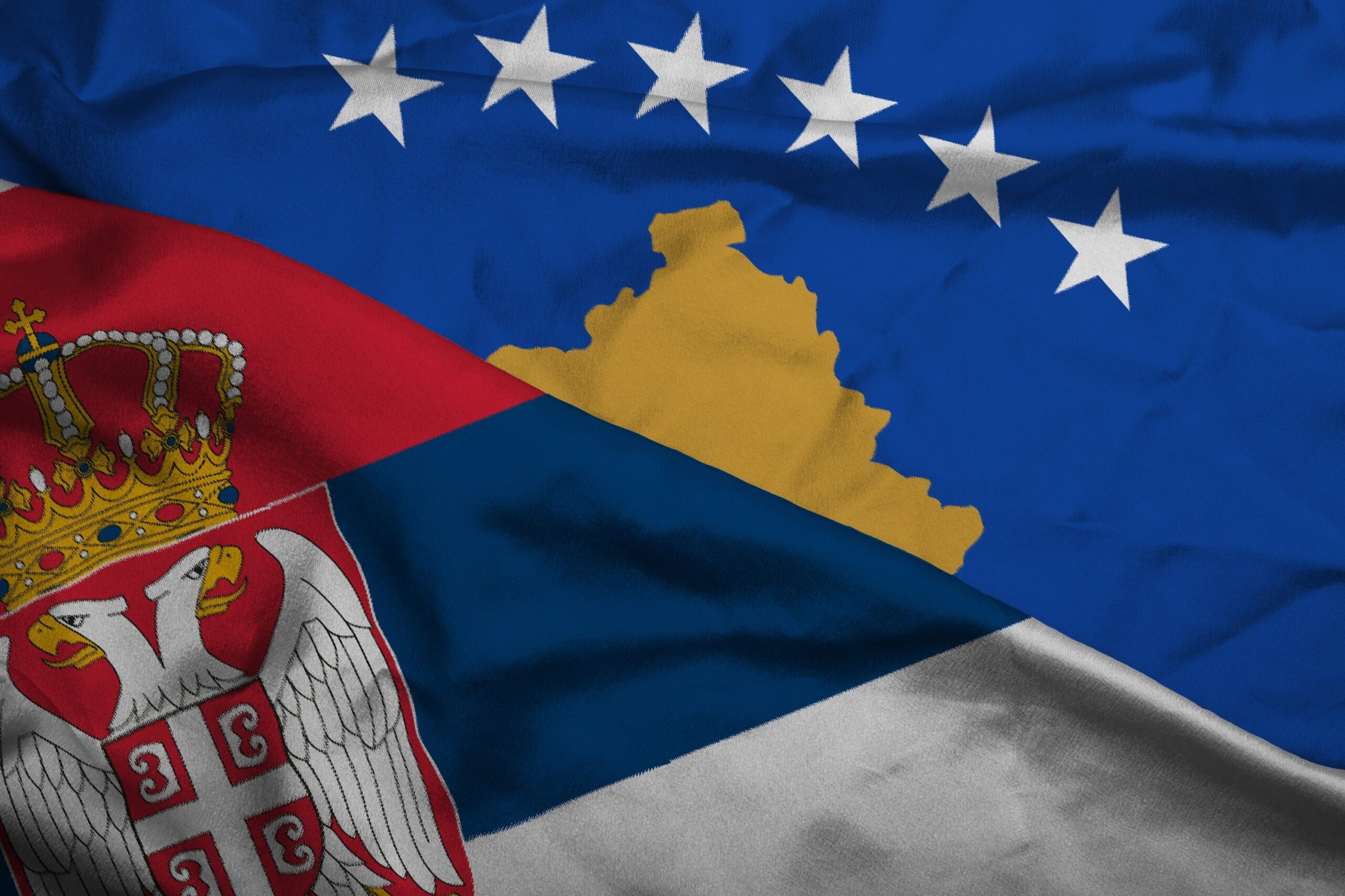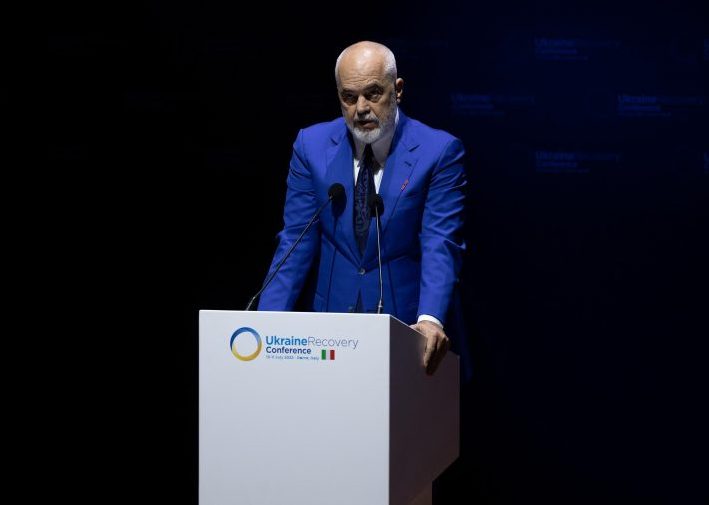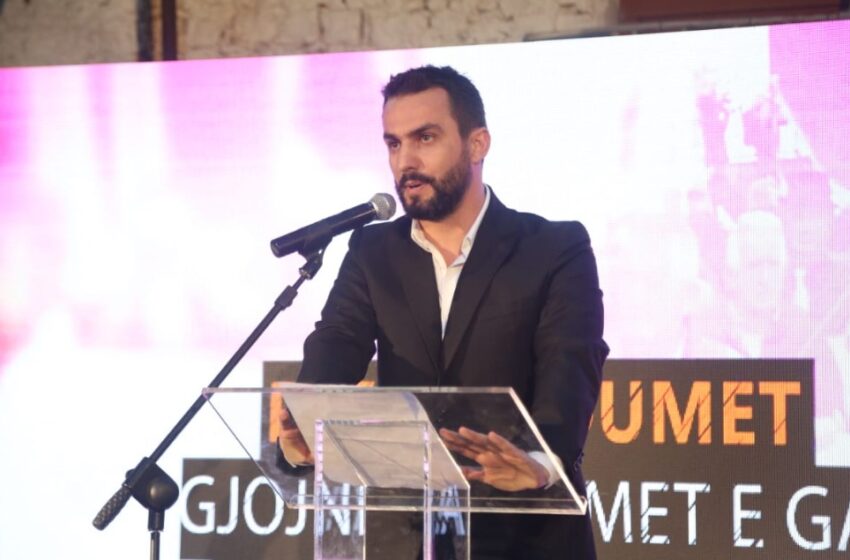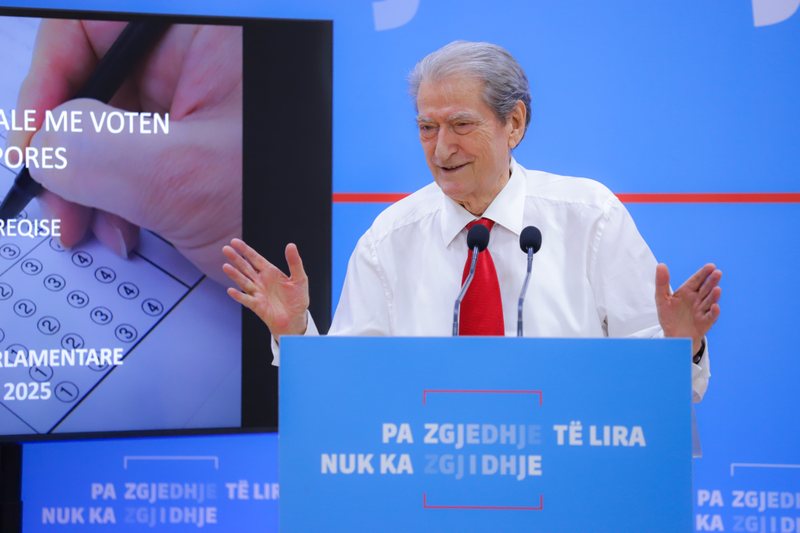EU and US respond to Serbia’s new measures on Kosovo

The European Union (EU) and the United States have responded to Serbian President Aleksandar Vučić’s recently announced “measures” aimed at countering Prishtina’s actions in northern Kosovo. Both the EU and US stressed that the ongoing EU-facilitated dialogue between Kosovo and Serbia is the appropriate path for achieving lasting peace and stability.
Why is this important
The EU and US are concerned that the new measures proposed by Serbia could escalate tensions in the already fragile northern Kosovo, where the Serbian minority has been resisting integration into Kosovo’s institutions
Context
They also expressed concerns that unilateral actions and inflammatory rhetoric could hinder progress in the dialogue between the two countries. However, the EU spokesperson welcomed Vučić’s willingness to continue participating in the talks and his call for Kosovo Serbs to re-engage with Kosovo’s institutions and participate in local elections.
The international community, particularly the EU and US, has long advocated for dialogue as the primary solution to these disputes. President Vučić’s plans represent a challenge to Kosovo’s sovereignty, as Serbia continues to support the Serbian minority in its resistance to Prishtina’s rule. Given that both Kosovo and Serbia have aspirations to join the EU, resolving these long-standing disputes is crucial for their respective paths toward membership.
What did Vučić say
Last week, President Vučić presented a comprehensive plan of measures designed to counteract what he described as Kosovo’s “unilateral and uncoordinated” actions in the predominantly Serb northern region of the country. Vučić’s proposals include establishing special judicial panels and a prosecutor’s office to investigate human rights violations against the Serbian population in Kosovo, as well as legislative moves by Serbia’s Parliament to invalidate Kosovo institutions and their actions post-independence.
Vučić emphasized the deteriorating situation for Kosovo Serbs, describing their gradual expulsion as a means to ensure Kosovo’s independence. The President outlined several preconditions that Serbia considers necessary for progress in the ongoing dialogue, including:
- Holding democratic local elections in northern Kosovo, with international oversight by the OSCE and EU.
- Returning Serbs to key positions in the regional police force, judiciary, and public institutions.
- Withdrawing special Kosovo police forces from northern Kosovo bases.
- Forming the long-promised Community of Serb Municipalities.
- Releasing all Serbs detained by Kosovo police for participation in protests or blockades.
- Ensuring uninterrupted access to postal and banking services.
These measures follow a series of escalatory moves by Kosovo’s Government, including the enforcement of Kosovo-issued license plates in the Serb-majority north, which triggered a boycott by the Serb community. Kosovo’s replacement of Serbian officials with ethnic Albanians in local municipalities and the police force, as well as the closure of Serbian-run institutions, has further deepened the rift between the two sides.
Kosovo Serb boycott
Since 2022, Serbs in northern Kosovo have been boycotting key institutions, including courts and local governments, in response to Prishtina’s decisions. The boycott, supported by Serbia, culminated in low voter turnout in local elections in April 2023, where most Serbs refrained from participating. The result was a near-complete Albanian victory in mayoral elections, despite the Serb majority in the region.
Kosovo’s government has continued to assert its authority in the north, including shutting down Serbian-funded institutions and attempting to phase out the use of the Serbian dinar. The Serbian community, with backing from Belgrade, has largely resisted these moves, viewing integration into Kosovo’s institutions as an acknowledgment of Kosovo’s independence—a stance they reject.
Diplomatic reactions
The EU and US continue to stress that the only viable solution lies in the EU-facilitated dialogue, warning both sides against any actions that might provoke further instability. Both international actors remain committed to finding a negotiated settlement that respects the rights of all communities and leads to normalization between Kosovo and Serbia, essential for both nations’ EU aspirations.
The situation remains tense, with both sides unwilling to back down, making international mediation crucial in preventing further escalation.


